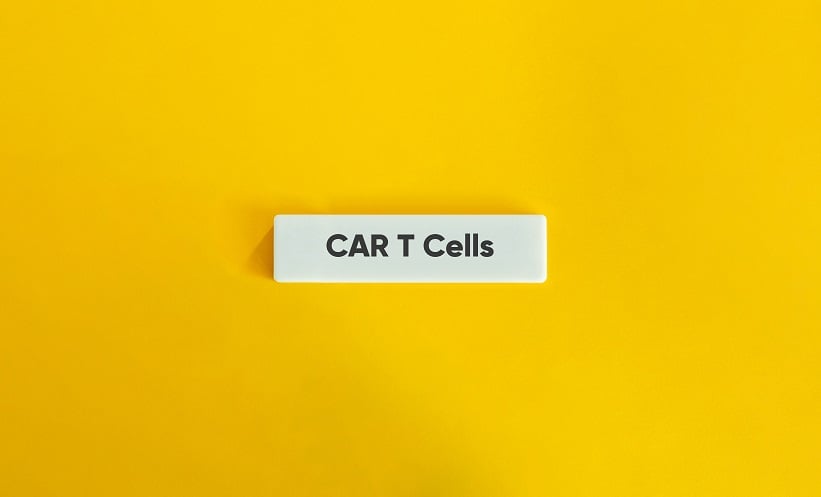A recent study has provided new insights into the long-term safety of commercially available CD19-targeted chimeric antigen receptor (CAR)-T cell therapy for adult patients with aggressive B cell non-Hodgkin lymphoma (NHL). Conducted between 2018 and 2022, the prospective cohort study involved 172 patients from six Spanish hospitals who had received either tisagenlecleucel or axicabtagene ciloleucel. All participants survived for at least three months post-infusion without requiring additional lymphoma treatments.
The findings revealed that while acute adverse events (AEs) following CAR-T cell therapy are well-documented, late-onset complications are less understood. In this cohort, infections were the most common late AEs, occurring at a rate of 5.6 per 100 person-months. Cytopenias such as neutropenia and thrombocytopenia were also prevalent but tended to decrease after six months. Notably, all non-relapse-related deaths were attributed to infections, including COVID-19 pneumonia and bacterial infections.
Neurologic, cardiovascular, and dermatologic events were reported in smaller proportions, with 8.7% of patients experiencing neurologic issues and 5.8% reporting cardiovascular problems. Additionally, five patients developed secondary malignancies, but none had T cell malignancies.
The study’s results suggest that CAR-T cell therapy offers a favourable long-term safety profile, though continued monitoring is essential to detect and manage potential late AEs.
Helena Bradbury, EMJ
Reference
Camacho-Arteaga L et al. Late adverse events after chimeric antigen receptor t-cell therapy for patients with aggressive b-cell non-hodgkin lymphoma. JAMA Netw Open. 2025;8(2):e2461683.







